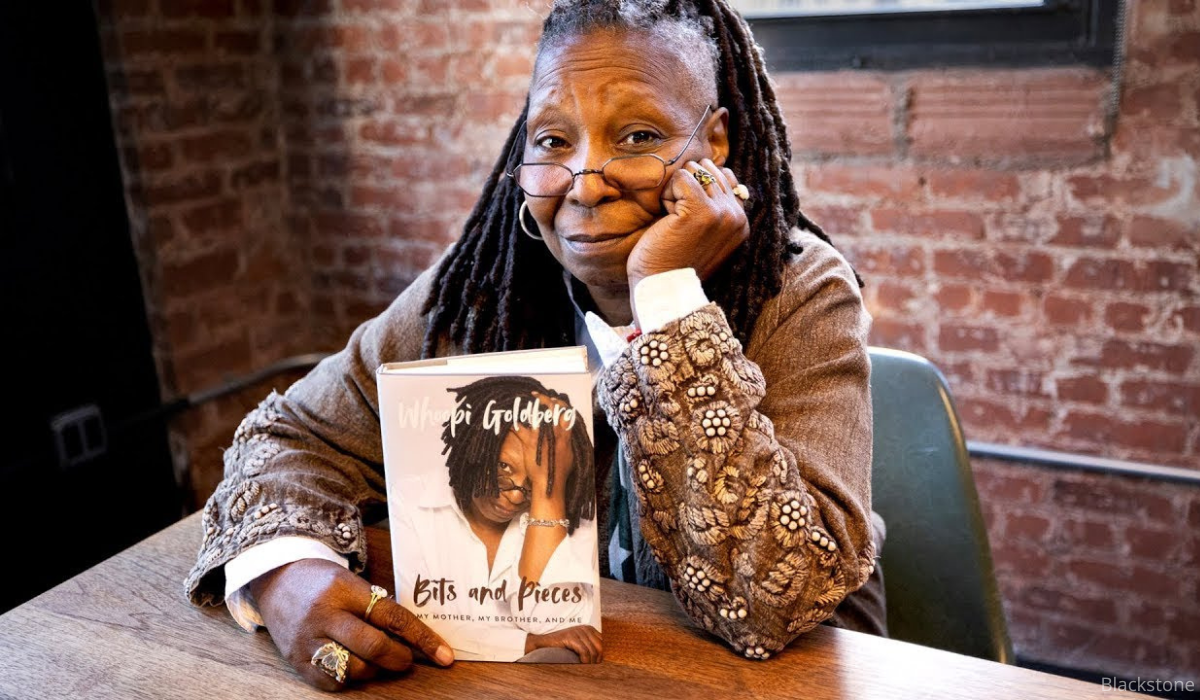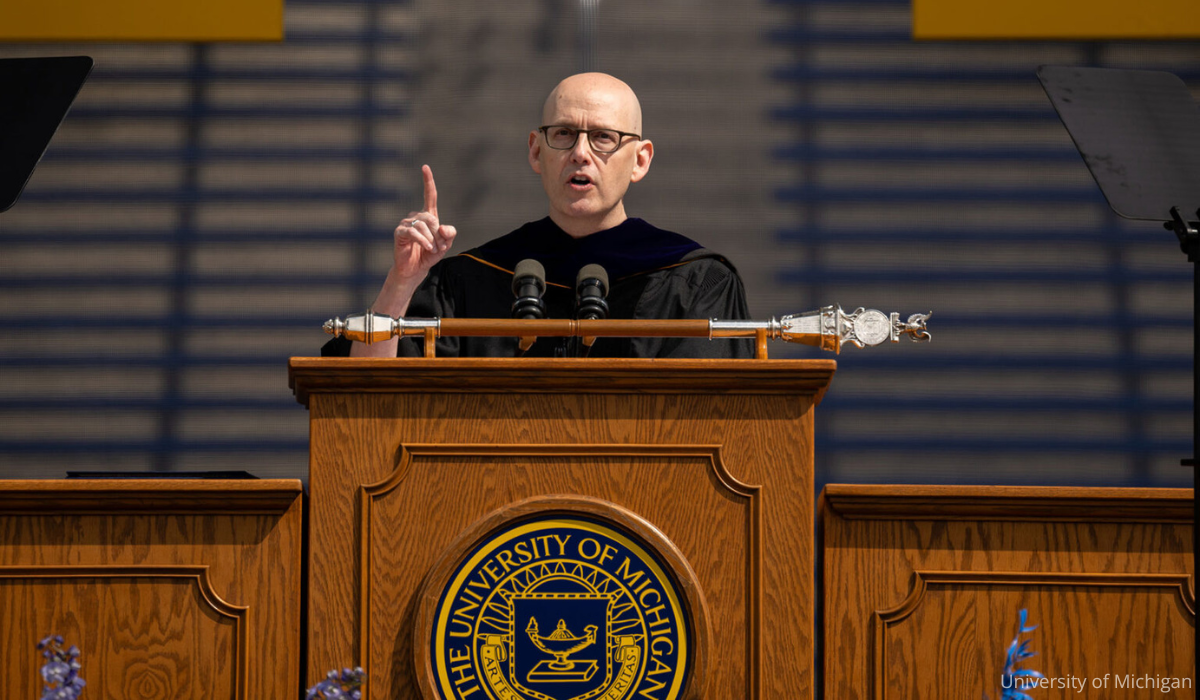Resting Deeply is Essential Work. These Sunday Paper Health Experts Show You How, No Matter How Much Time You Have
Whether you're retired or in the thick of your career, or if you climb the latter or go-at-your-own pace, we all resist rest in some way. The question is, why—and how is this hurting us? Going going going sounds productive in theory, but it's anything but. When we starve ourselves of the critical rest we need, we hinder our capacity for experiencing joy and feeling good.
Ultimately, a rich life includes plenty of time to reset and restore. We've interviewed hundreds of brilliant experts in all fields who say the same: rest is essential. Yet we get caught up with our responsibilities and narratives and talk ourselves out of taking time to reboot. It's exhausting and depleting.
The great news is that rest—not just sleep, but deep restorative rest—is possible, even if our calendars are full and our resources are slim. The following insight from these experts proves such.
We believe in rest at The Sunday Paper and want you to live your healthiest, whole, joyful, and authentic life possible.
5 Experts on The Power of Rest— and How to Weave It into Your Life
Dr. Frank Lipman, bestselling author and expert in Integrative and Functional Medicine on how we must reframe how we view taking breaks.
When you take a break, or as I call it, ‘deliberate rest,’ it's important to realize you're not doing nothing. Rather, you are actually giving yourself a chance to rebuild and return to balance. Deliberate rest is as essential as sleep. Restorative breaks give your body time to refuel and get ready for the next period of pushing yourself. Otherwise, we will burn out.
Yet it’s important to remember that breaks come in many forms. Just as there are endless varied lengths, there are many ways to take it easy:
Physical rest: This can include taking a hot bath, doing restorative yoga, or engaging in breathing techniques.
Mental rest: This can include meditation, listening to music, and walking in nature.
Spiritual rest: This can simply be making time to connect with something larger than yourself, either through prayer, time in nature, or another soul-restoring activity.
Social rest: This can include spending time with people who make you feel good and rejuvenate you.
Too often, we see rest as a gift or a luxury. But that is not the case: Slowing down not only benefits us individually, but humanity as a whole.
You can learn more from Dr. Lipman here.
Chip Conley, co-founder and CEO of the Modern Elder Academy on why taking a sabbatical shouldn’t be so radical.
I think many organizations have built hamster wheels dedicated to the idea that people have a full calendar, and that a full-calendar ethos doesn’t allow for people to take creative breaks.
Yet if your effectiveness is a function of your ability to be creative, innovative, emotionally intelligent, and responsive rather than reactive, these are things a sabbatical can enhance. I believe sabbaticals can create better raw materials for your organization. But they do require some planning.
Do and be something you’d have a hard time doing or being over a weekend or during a weeklong vacation. Test your boundaries and do things you couldn’t do with that much time affluence.
For example, I’ve done silent retreats in the past, usually for a week or 10 days. It can be really hard to transition in and out of a retreat like that when life is full-on before and after the retreat. So that might be something I do during a sabbatical because it would give me bumpers on both sides.
Maybe you want to write your memoir or take a Spanish immersion course. Do the thing that wouldn’t be as well served if it was done while you’re living life as usual.”
You can learn more from Chip Conley here.
Dr. Sandra Dalton-Smith, physician and author of Sacred Rest on why essential rest takes courage.
What I have found, in our culture particularly, is that people who are high achievers have this mindset that rest is not necessary because they think they can get more done if they don’t rest. But in truth, the most productive people—people who produce at the highest mental, physical, creative, emotional level of capacity—rest. Those people cannot do that unless they are getting adequate rest. Otherwise, you are creating and producing out of emptiness.
There are a lot of people in the world who are producing work but the work they’re producing is not their best. Whether you’re a creative, a writer, an actor, an entrepreneur, a schoolteacher, a student, whatever, if you’re trying to get to the next level you won’t get there empty. You’re only going to get there when you feel at your best—fully empowered and fully energized.
You have to be courageous. Rest is not for someone who is trying to fit into the status quo. It’s a rebellious act to say, ‘you know what? For me to do what I need to do and to be where I need to be, I need to take a day to sit and stare at grass.’ It takes courage to do that because that is not what most of the world is doing and that is why most of the world is burned out, tired, and fatigued.
The Seven Different Types of Rest: Physical, Mental, Spiritual, Social, Emotional, Creative, and Sensory
Getting more sleep, which is the physical rest, will not resolve these other rest deficits. One type of essential rest is mental. For mental rest, this is something you may have to replenish if you’re doing calculations all day long, ideating, constantly processing information. People with a mental rest deficit tend to be those who go to bed at night and their brain won’t shut off. They have on-going mental chatter where it is hard to get the mental cerebral space to get to that quiet zone. To get mental rest this can include nightly brain dumps or mind dumps where you write down whatever thoughts are ruminating through your headspace on something concrete so that your brain will release that thought and not hold onto it.
You can learn more about Dr. Dalton-Smith and the different types of rest we need here.
Katherine May, bestselling author of Wintering: The Power of Rest and Retreat in Difficult Times on the beauty of embracing the natural and metaphorical period of winter in our lives.
Wintering is the way I describe the times in life when we feel ‘out in the cold’—those moments when we fall through the cracks and are unable to get a foothold back in everyday life. It often results from a mental or physical illness, or from a major life event like a bereavement, separation, or the loss of a job. But it can also arrive in unexpected ways too. New mothers often endure a wintering, for example, and sometimes the cause of our winter is unclear. Winter just arrives unbidden.
Whatever the cause, it’s a lonely and painful time, but it’s also the experience of change happening. I think we need to learn to accept and even welcome our winters, because they’re a crucial part of our humanity. Wintering is how wisdom is made, and every time we winter, we grow in resilience and compassion, and we deepen our capacity for joy.
Wintering can definitely happen in full sun! The truth is that many of us wait until we absolutely crash before we allow ourselves to winter, and even then we do it resentfully. In the book, I describe how I ignored a lot of serious warning signs of stress and illness before I got to the point when I was so ill that I couldn’t function. I don’t want to ever get to that place again. I think we can all see the signs of wintering coming long before we have to drop out, if only we allow ourselves to tune in to our needs. Are we always exhausted? Does life feel relentless? Are we pushing down persistent sadness, and hoping it will go away? Are we eating well, getting enough exercise, feeling refreshed after sleep? All of these things are signs that life isn’t going in the right way, and if we can allow ourselves to slow down and take stock for a while, we might be able to winter well, without everything collapsing around us first.
You can learn more from Katherine May here.
Bob Goff, bestselling author and founder of the nonprofit, Love Does: Rest is holy.
We need to find a healthy and sustainable cadence in our lives. Periods of diligent work and other times filled with intentional rest. Developing an awareness of the pace and rhythm of our lives is necessary for us to pursue our most important ambitions and to fill our physical, spiritual, and emotional tanks.
There’s a set of rapids next to our property. Getting to the other side of the rapids is easy at slack tide when the water stops moving. Still waters don’t happen often in the inlet and they don’t happen often in our lives. When the rapids are running, which is most of the time, there can be a four-foot-tall standing wave of water as the immense currents sweep everything not sufficiently anchored through them. Getting past the rapids when they’re running fast takes more than a little focus and intentionality. It’s not a dangerous place if you know what you’re doing, but these rapids have proven deadly for some who entered them unaware of their power.
Not unlike these rapids, the events and circumstances of our lives can feel like fast moving water. What we need to figure out to be emotionally and spiritually healthy is how to navigate these currents. We do this by creating safe places where we can find our way.
I took my small boat through the rapids which were running strongly against me. I made it through and was twenty feet from a dock on the other side when the engine on my boat quit. It turns out I was out of gas. If you’re running on fumes today, I know you can relate. There’s no shame in being exhausted. It happens to all of us at some point. I ran out of gas twenty feet from a dock. Perhaps it happened to you halfway through this year, a third of the way through a difficult job, midway in a difficult relationship. Perhaps you’ve been running on fumes for a while and it’s become so familiar it feels normal. It’s not. You need to get some rest and fill your tank again.
I could hear the rapids behind me and with no paddle and no engine I started drifting into the rapids backwards in my small boat. This would not likely end well. The currents in our lives aren’t cruel, but they are present and unrelenting and predictable. They will pull us away from safe places like a strong tide. When they do, we need to figure out what we’ve got and use it. I didn’t have an engine, but I still had a fishing pole. I cast my lure for the dock, hooked it and reeled myself in. Grace isn’t holding us by a thread; it only comes the size of a cable.
If you feel like you’re running on fumes today or have run out of gas twenty feet from the dock, remember this. Rest is holy. Get some. Take all the faith you’ve got and cast it towards the dock. If you’re feeling low on hope, find a counselor or a friend or a leader in the faith community you identify with. Invite them into your boat and have a vulnerable, transparent conversation with them about what you’re up against. You’ll know you’ve found the right person to talk to because they won’t try to fix you, they’ll just be with you.
You can learn more from Bob Goff here and here




